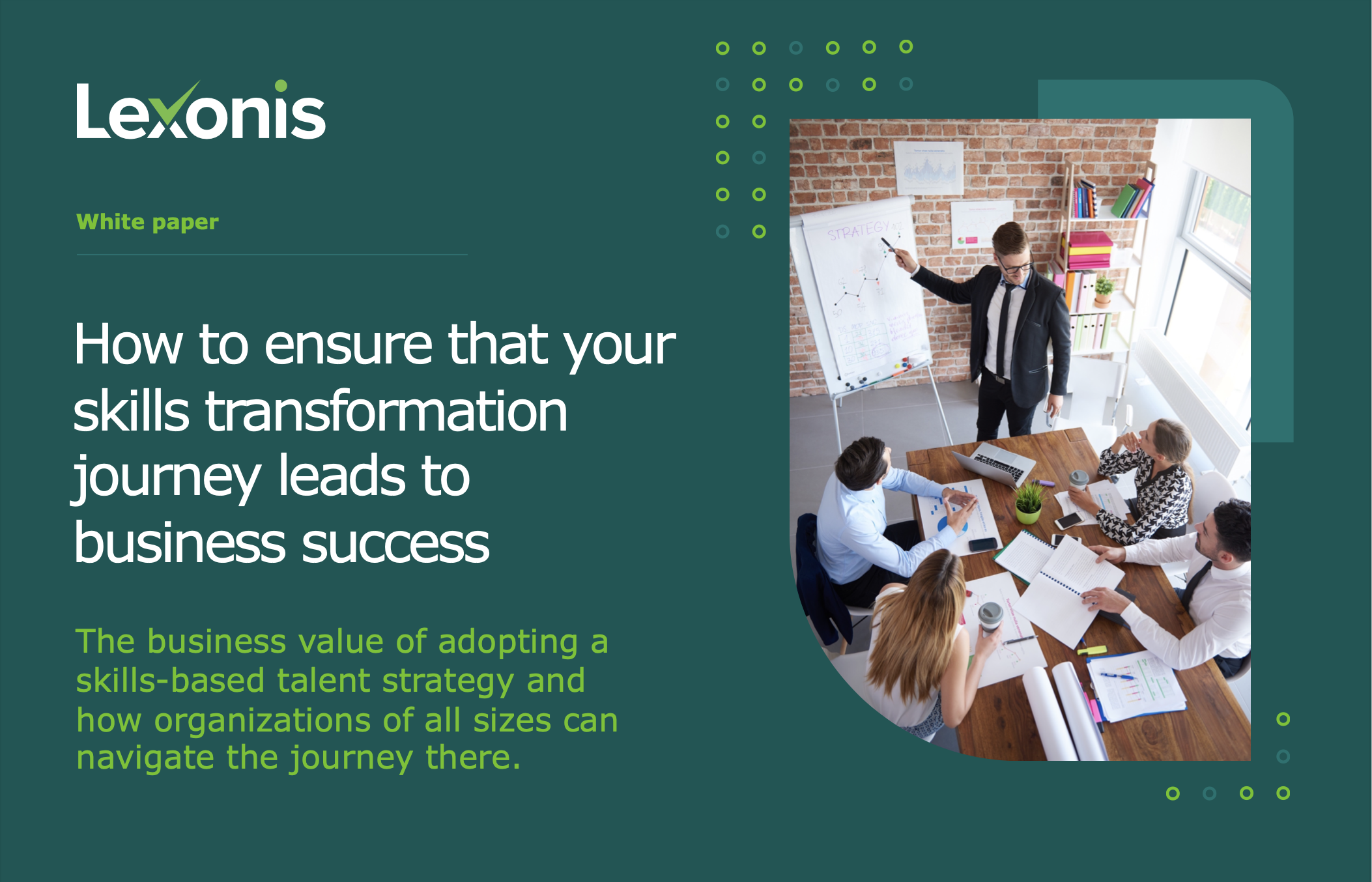Why Fostering the Growth and Development of Your New Hires Benefits Your Bottom Line
Andy Andrews
The Cost of Poor New Hire Retention
Hiring a recruit does not come cheap. According to an article published by Society for Human Resource Management (SHRM), many employers estimate the total cost to hire a new employee can be three to four times the position’s salary. So, if you are hiring for a job that pays $60,000, you may be spending $180,000 to $240,000 to fill that role.
That may seem extreme, however, there are many often unconsidered overheads associated with hiring, for instance management time to support the hiring process, onboarding, training and the potential loss of productivity as a result of inexperience or a learning curve.
So having made such an investment in a new hire, it follows that losing them early can have a devastating impact on the business. In fact, losing a new recruit is not only a loss of time and resources, but also a loss of potential talent that could have contributed significantly to the success of the company.
So, what can you do to prevent this from happening? One solution is to take a skills-based approach to fostering the personal development of your new hires.

A Skills-based Approach – What It Is and How it Works
A skills-based approach is a method that focuses on an individual’s knowledge and skills, the factors that are critical for them to perform successfully in their job.
In today’s workforce, employees value opportunities for their personal and professional development. If you can provide them with the tools and development opportunities they need to succeed, you will be more likely to retain them. The LinkedIn 2023 Workplace Learning Report noted that 3 of the top 5 motivational factors for people leaving their jobs are “opportunities to learn and develop new skills” and “opportunities for career growth within the company”. Moreover, employees who receive appropriate learning opportunities are more likely to be productive, innovative and engaged, which ultimately benefits your business.
To develop an effective skills-based approach, you need to identify the specific skills required for someone to be successful in the role that they have been hired into. The job-related skills may include technical and behavioural skills as well as a knowledge of your organization’s culture, processes and systems.
Once you have identified the necessary skills for job success, you can create a learning and development program that addresses them and integrate this into the onboarding plan that you have prepared for them. This will involve assessing the employee’s skills, sourcing learning and development interventions to address their areas of need and providing coaching and feedback to ensure that new recruits are progressing as expected.
One Size Does Not Fit All
Naturally, one size does not fit all when it comes to developing people. Every individual has different learning styles, experiences and skill sets. To get the most out of your learning program, it is essential to target it to the specific needs of each new recruit.
To achieve this, it is a good idea to conduct a skills assessment before preparing a learning plan. This assessment will help you identify the areas where each new recruit needs improvement, their skills gaps, as well as their strengths. Once you have this information, you can create a personalised learning program that addresses the skills gaps they have in relation to their new role or indeed their career aspirations.
For example, if a new recruit is struggling with a particular technical skill, you can provide them with targeted help in that area. Alternatively, if a new recruit is struggling with their communication skills, you can provide them with coaching and feedback to help them improve.
Why Coaching is Key
In addition to training, coaching is another essential component of a skills-based approach. Managers can play a significant role in helping new recruits develop their skills and achieve their potential. Coaching involves providing feedback, guidance, and support to help employees improve their performance.
Effective coaching involves regular one-on-one meetings with new recruits to discuss their progress and identify areas where they need additional support. During these meetings, managers can provide feedback on their performance and help them develop strategies to improve their competencies.
Coaching also provides an opportunity for managers to build a relationship with their new recruits, which can increase employee engagement and loyalty. It can also help to create a positive and supportive work environment, which is critical for retaining new recruits.
Using Coaching Guides
One of the challenges that many organizations face is providing help for their managers to run effective, personalised coaching sessions. Lexonis provides skill/competency libraries that include coaching tips for each job-related skill and the Lexonis TalentScape software service can be used to generate best practice manager ‘coaching guides’; these guides are based on the individual’s skills gaps and help the manager to foster their growth and personal development.
Summary
Taking a skills-based approach is an investment, so it’s important to leverage all the benefits to the employee and the organization when fostering personal development using such an approach.
For new employees, it provides them with opportunities for personal and professional growth, which can lead to increased job satisfaction and engagement. It can also help them develop the skills they need to progress their careers within the organization. This can lead to increased loyalty and a lower risk of turnover.
For organizations, a skills-based approach can lead to improved employee performance, productivity, and innovation. It can also help to create a positive and supportive work environment, which is critical for employee engagement and retention. By investing in the personal development of new recruits, organizations can ultimately save money by reducing turnover costs and improving overall performance.
Conclusion
In conclusion, retaining new recruits is critical for any organization, and a skills-based approach to fostering their personal development is an effective way to achieve this. By targeting training to the specific needs of each new recruit and providing coaching and feedback, managers can help new recruits develop their skills and achieve their potential.
This not only benefits the employee but also the organization as a whole, leading to improved performance, productivity, and innovation. By investing in the personal development of new recruits, organizations can create a positive and supportive work environment that fosters loyalty and reduces turnover costs, ultimately benefiting the bottom line.
You may also like

There is a skills gap problem in the developed economies…

The business value of adopting a skills-based talent strategy and…

What is trending in workplace L&D this year? Are your…